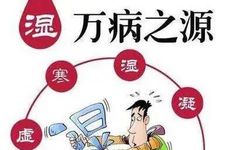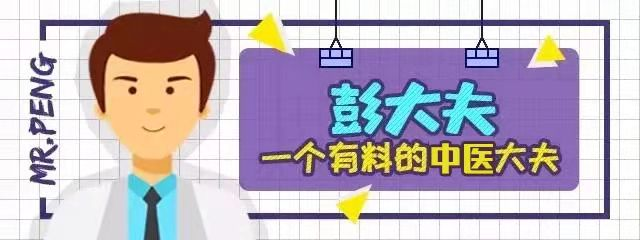
In clinical practice, we often encounter patients who feel they have excessive phlegm. They have tried many phlegm-relieving medications, yet the phlegm remains unresolved. What could be the reason for this?
This is likely because the correct method has not been identified. There is a saying in Traditional Chinese Medicine (TCM): “Phlegm is cleared by the lungs, sticky phlegm is in the spleen, and chronic phlegm is in the kidneys.” This means that the formation and storage of phlegm are related to the three organs: the lung, spleen, and kidney. If lung function is impaired, and the lung fails to disperse and descend, it will lead to improper movement of fluids, resulting in the accumulation of water and the formation of phlegm.
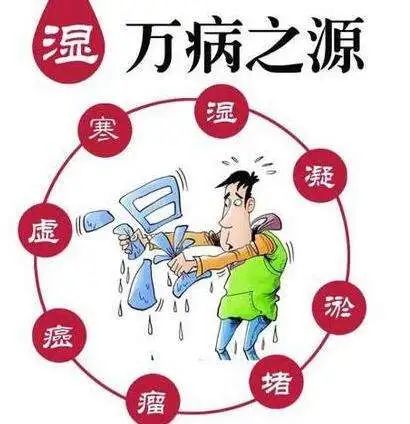
The spleen governs transportation and transformation. If the spleen’s function is impaired, fluids will stagnate in the body, leading to the internal generation of phlegm-dampness.
The kidneys govern water, primarily managing the metabolism of fluids throughout the body through the yang energy of the kidneys. If kidney qi is insufficient and kidney yang is deficient, it cannot properly transform fluids, leading to phlegm accumulation.
Once phlegm-dampness is formed, if it is primarily thin phlegm, the main symptoms include cough with a large amount of clear, thin phlegm, a tendency to feel cold, nasal congestion, sneezing, and a runny nose. This is often due to invasion of wind-cold evil qi into the lungs. We can use the Ren Shen Su Ye Tang (Ginseng and Perilla Leaf Decoction) to treat this condition by tonifying qi, releasing the exterior, regulating qi, and transforming phlegm.
If the cough produces sticky phlegm that is difficult to expel, and there is a sensation of chest tightness at night, possibly accompanied by nausea and vomiting, this condition is generally related to spleen deficiency.
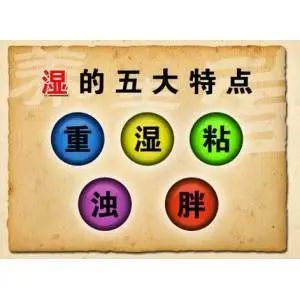 In this case, we need to dry dampness, transform phlegm, regulate qi, and harmonize the stomach, which can be treated with Xiang Sha Ping Wei Wan (Aromatic Sand and Peaceful Stomach Pill).
In this case, we need to dry dampness, transform phlegm, regulate qi, and harmonize the stomach, which can be treated with Xiang Sha Ping Wei Wan (Aromatic Sand and Peaceful Stomach Pill).
If phlegm-dampness persists for a long time and cannot be cleared, resulting in chronic phlegm, it indicates a long-term presence of phlegm. No matter how much phlegm-transforming treatment is applied, the effect is poor. This may be due to neglecting kidney issues, likely indicating kidney yang deficiency.
Patients with this condition often experience frequent urination, urgency, and nocturia, and some may even have lower limb edema. Upon examination, the tongue may show a concave root and a thick, greasy coating.

In such cases, we need to warm yang, transform qi, and promote water metabolism, which can be treated with Jin Gui Shen Qi Wan (Kidney Qi Pill) or Wu Ling San (Five-Ingredient Powder with Poria).
If you have any questions, please feel free to consult, learn, and communicate.

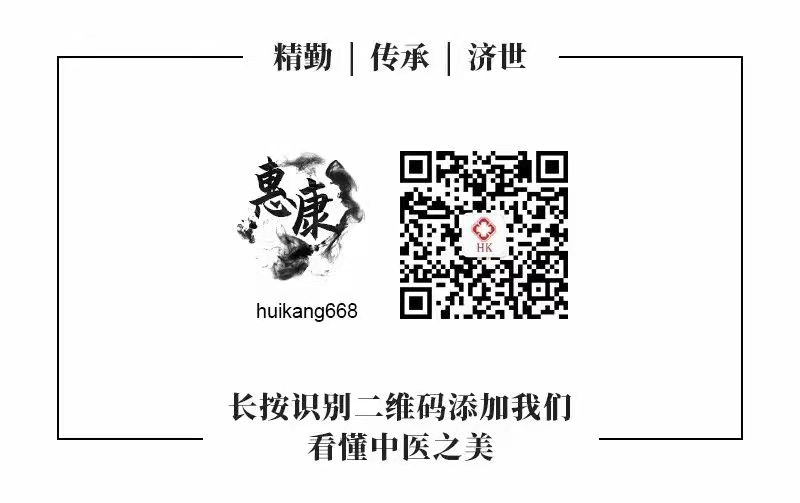
Previous Highlights
1. How to Differentiate Between Yin Deficiency and Yang Deficiency?
2. What to Do About Excessive Fire?
3. TCM Treatment for Chronic Cough
4. TCM Treatment for Uterine Fibroids
5. TCM Differential Treatment for Stroke Sequelae
6. What Diseases Are Caused by Emotional Factors?

